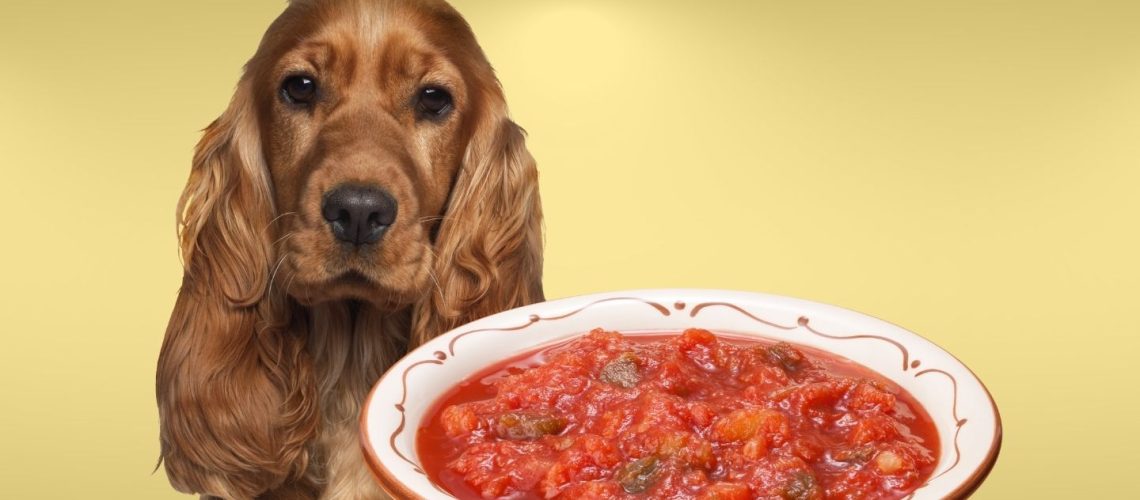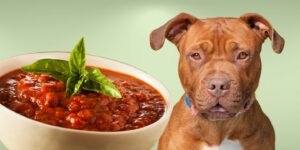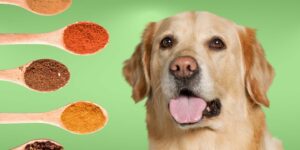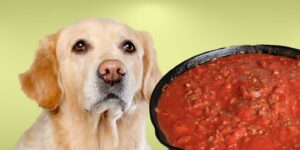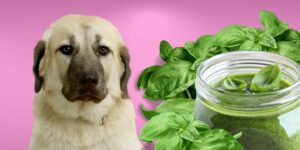The short answer is no, dogs should not eat salsa. While some of the ingredients in salsa, such as tomatoes and onions, are not toxic to dogs, they can still cause digestive problems if eaten in large quantities. Salsa also often contains ingredients that are harmful to dogs, such as garlic, jalapeno peppers, and cilantro, which can cause digestive upset and other health issues.
Ingredients in Salsa
Tomatoes
Although tomatoes themselves are not toxic to dogs, the stems and leaves of the tomato plant contain small amounts of a toxic compound called solanine, which can cause digestive upset in dogs if ingested in large quantities.
Onions
Onions contain a substance called thiosulphate, which can damage a dog's red blood cells and cause anemia if ingested in large amounts.
Garlic
Garlic is harmful to dogs as it contains compounds that can cause gastrointestinal irritation and damage red blood cells, leading to anemia.
Jalapeno Peppers
Jalapeno peppers contain capsaicin, which can be harmful to dogs. Symptoms of capsaicin ingestion in dogs include drooling, vomiting, diarrhea, and, in severe cases, difficulty breathing.
Cilantro
Cilantro can cause digestive upset in some dogs; therefore, it is best avoided in your dog's diet.
Salsa Varieties and Their Risks
There are many different types of salsa, all with varying ingredients. When buying or making salsa, it's essential to be aware of potentially harmful ingredients that could cause issues for your dog. Mild salsas may contain fewer spices and peppers, reducing the risk compared to spicy salsas. However, it's best to avoid feeding your dog any salsa.
Signs of Salsa Ingestion in Dogs
If your dog ingests salsa, monitor them for symptoms of digestive upset, such as vomiting, diarrhea, excessive drooling, or abdominal pain. If you notice any concerning symptoms or believe your dog has ingested a substantial amount of salsa, contact your veterinarian.
Preventing Accidental Salsa Ingestion
- Keep salsa out of your dog's reach
- Educate family members and guests about the dangers of feeding salsa to dogs
- Offer dog-friendly treats and snacks instead
Treatment Options for Salsa Ingestion in Dogs
For mild cases of salsa ingestion, ensure your dog has access to fresh water and monitor their symptoms. In more severe cases or if symptoms worsen, consult your veterinarian for appropriate treatment options, which may include induced vomiting, activated charcoal administration, or supportive care.
Other Foods to Avoid in a Dog's Diet
Some other harmful foods for dogs include chocolate, grapes, raisins, xylitol-sweetened products, and alcohol. Always consult with your veterinarian to ensure a safe and balanced diet for your dog.
Final Thoughts
Dogs should not eat salsa due to various potentially harmful ingredients, such as garlic, jalapeno peppers, and cilantro. It's essential to monitor your dog for any signs of digestive upset if they accidentally ingest salsa and contact your veterinarian if necessary. Consult with a veterinarian about your dog's diet and potential food hazards to keep them healthy and safe.

